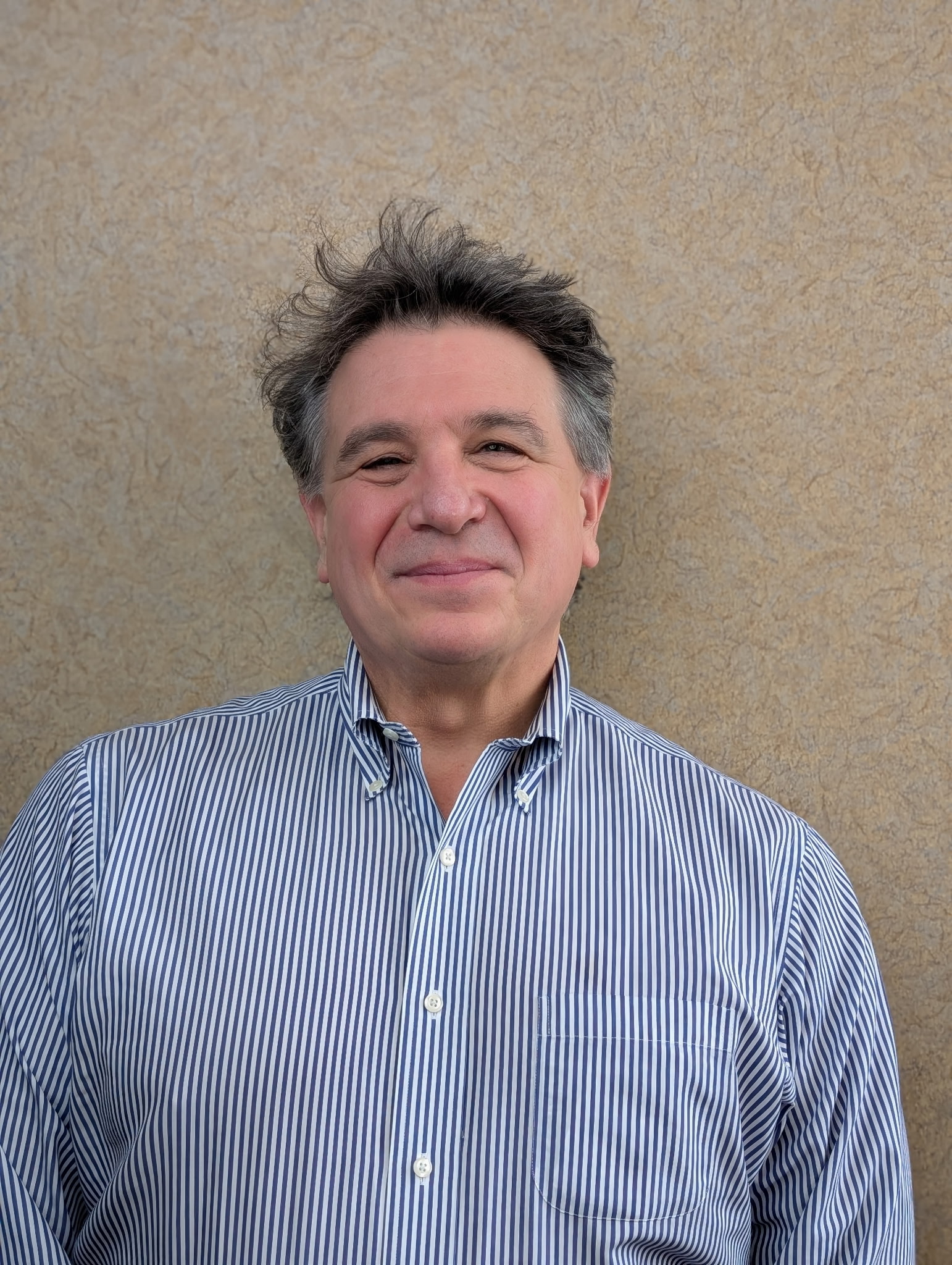INTERVIEWS


Roger Forman is the President of Marathon Company. He has worked in the jewellery industry for over 35 years in all aspects of the business. He is currently a Director at Sturdy Memorial Hospital, and the current Plumb Club President. He is married with four children and is a graduate of Brown University and the Harvard Business School.
I recall the discussions at board level when this initiative was first introduced. At the time, there were growing concerns about diamond integrity, particularly as negative media coverage surrounding unethical mining practices, although often the result of a few bad actors, cast a shadow over the entire industry.
We recognised then that the issue extended beyond public perception. Embracing responsible sourcing was not only the ethical thing to do but also a strategic move to distinguish ourselves from other suppliers in the marketplace. Many of our members were already working with Signet, which had made RJC certification a requirement. Additionally, several other major national and regional retailers had either implemented or were in the process of developing their own responsible sourcing protocols.
RJC certification aligned closely with these protocols. By supporting and aligning with a strong, central organisation like the RJC, we saw an opportunity to contribute to a more unified, global framework for verifying ethical business practices – practices that most of our members were already committed to upholding.
The Plumb Club has always maintained high standards for membership, requiring that each member be a leader in their product category. RJC certification reinforces this standard and underscores the exceptional quality and integrity of the suppliers within our group.
I believe our affiliation with the RJC has strengthened our position within the industry. I can confidently say it has been a positive development for our company. The certification process has helped us identify and address blind spots in our operations, and we are proud to let others know we are committed to responsible sourcing. It has also been extremely helpful during other retailers’ auditing processes. We know, before we even begin, that our RJC certification is likely to exceed the rigour of any other auditing requirements, and that we will pass without issue. More retailers are beginning to make these requests, and I think our affiliation with the RJC has helped move this conversation forward. I would also like to think that members of the Plumb Club have contributed to the RJC’s growth and helped strengthen its role in the industry as the recognised global standard.
As I mentioned earlier, more of our trading partners are enquiring about responsible sourcing. Retailers who prioritise this are seeking to gain an edge with customers who value it. I would like to see it featured more prominently in their marketing materials. The development of the RJC’s Code of Practices for lab-grown diamonds is a good example of how the organisation continues to evolve with the industry.
It must start with education and support for retailers. The retail community needs to understand that more of their customers are making purchasing decisions based on the values represented by organisations like the RJC. They also need to understand what it means for a supplier to be RJC certified, and just how challenging that process can be. This education, along with effective marketing materials, should be aimed at end consumers so that retailers can clearly communicate the benefits. The RJC has already made great progress in this area.
Given our strong relationships with retailers across all distribution channels, I would like to see the Plumb Club encourage more retailers to make RJC certification a requirement for doing business. If this were to happen, many more suppliers would seek certification. As more suppliers become certified, the process would become easier and more cost-effective, leading to further uptake. Retailers could then be supported with marketing materials to use in their communication strategies, helping them appeal to a broader consumer base that values ethical practices.
Responsible sourcing is a journey, not a destination. I hope that our work with the RJC continues to help the industry move in the right direction. We may not get everything right along the way, but through collaboration, we can keep making incremental improvements.